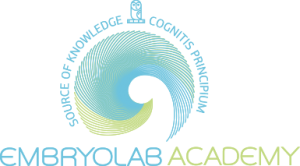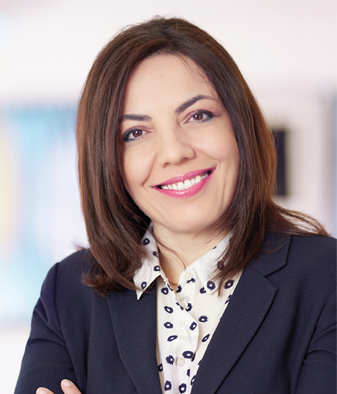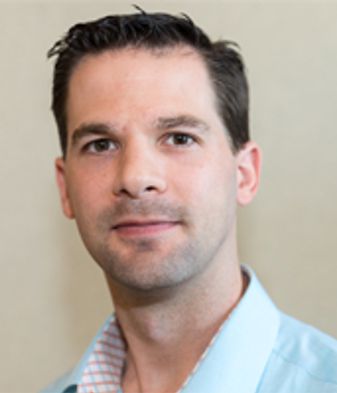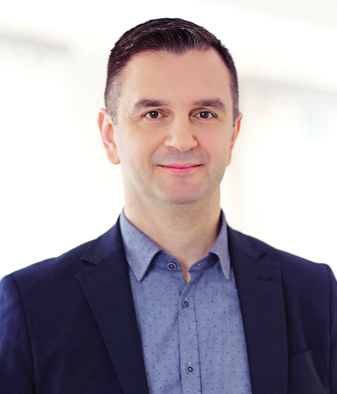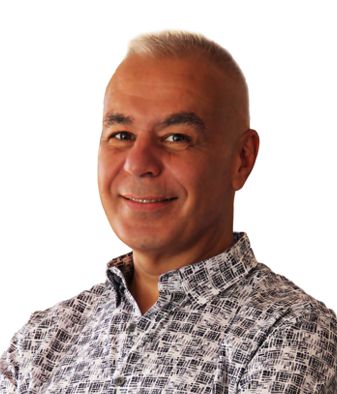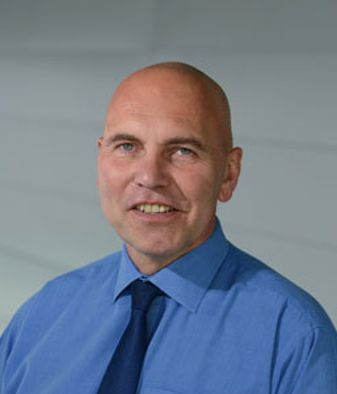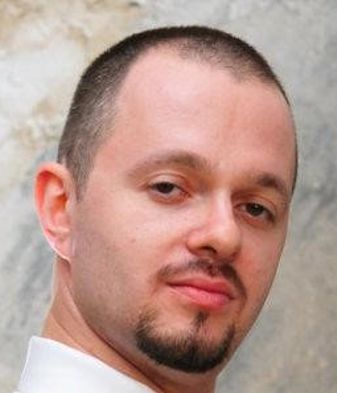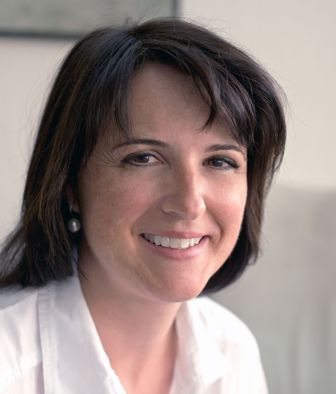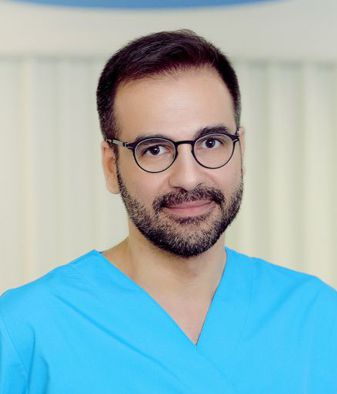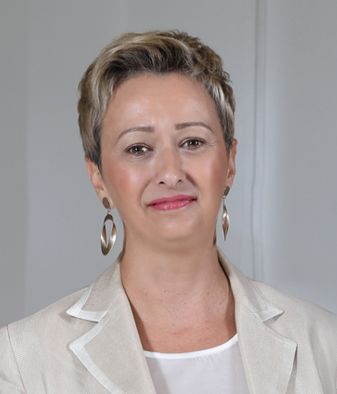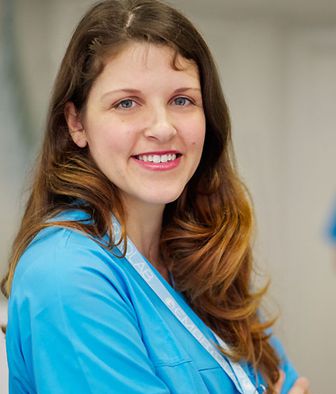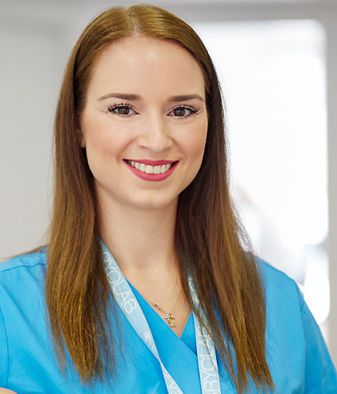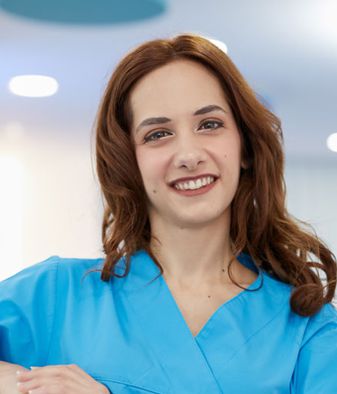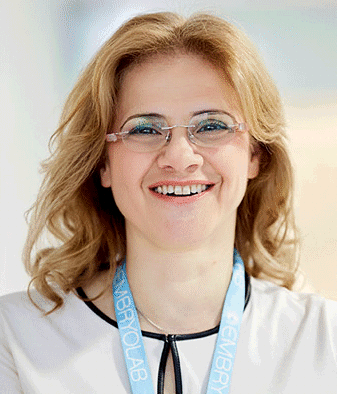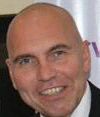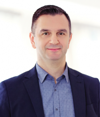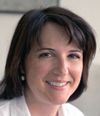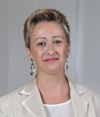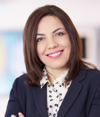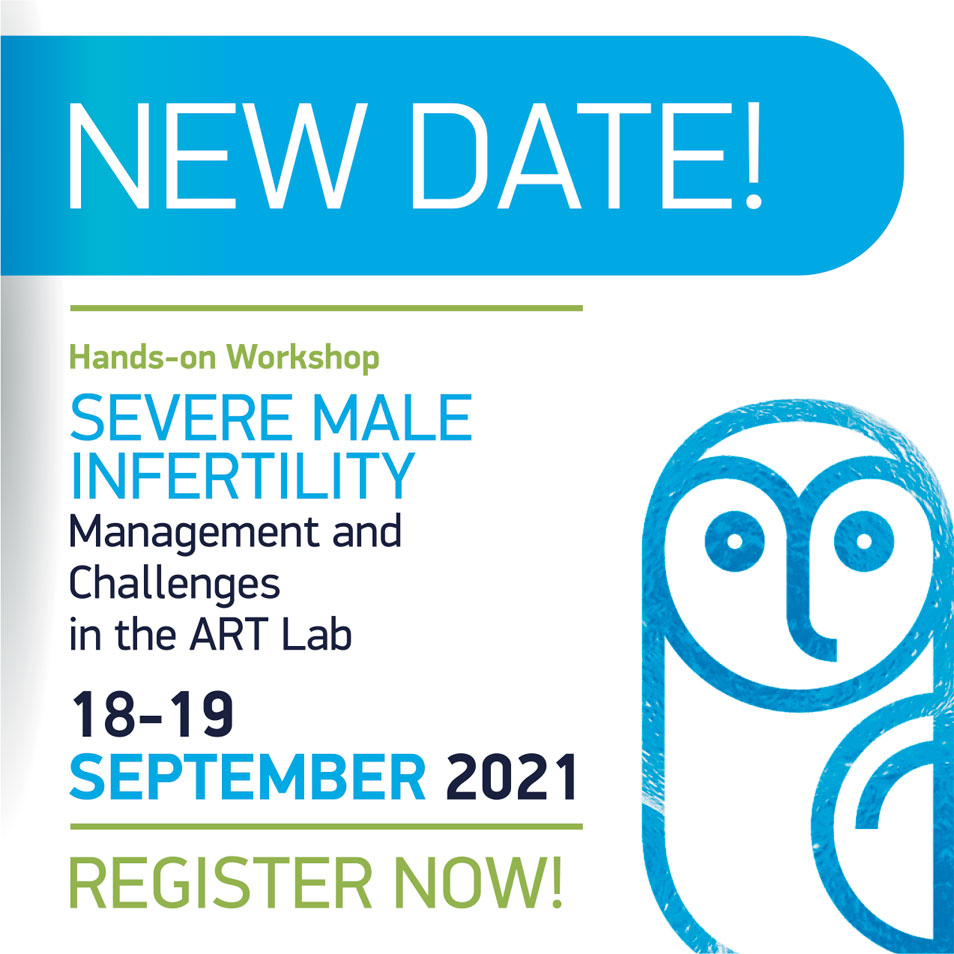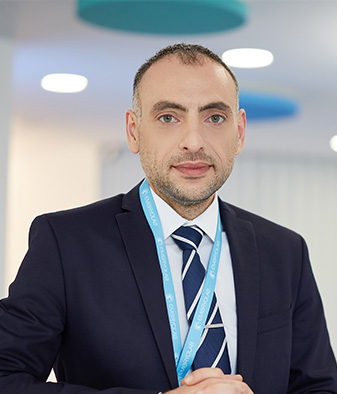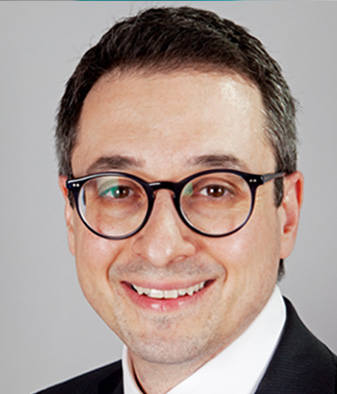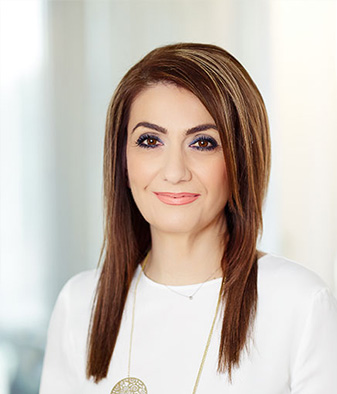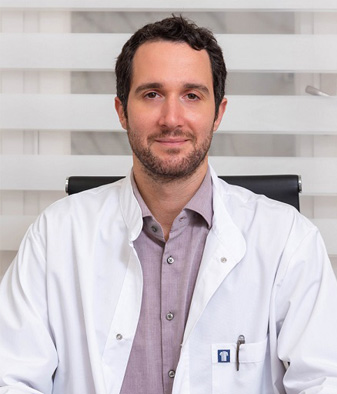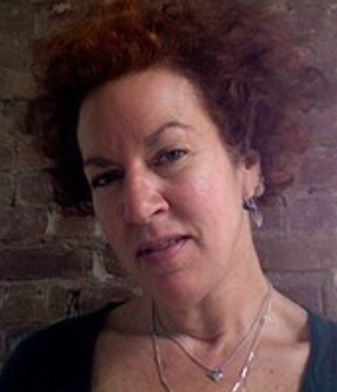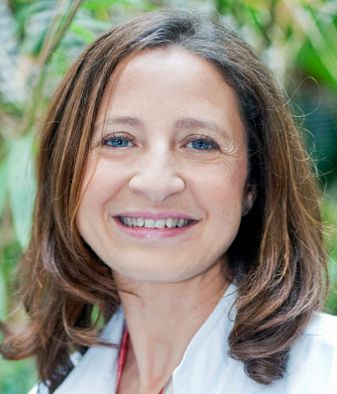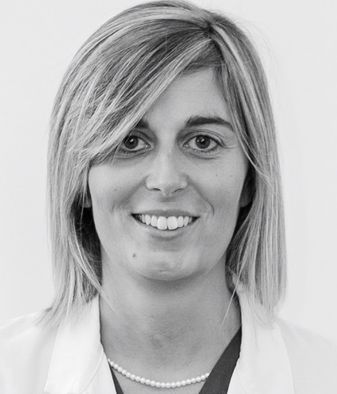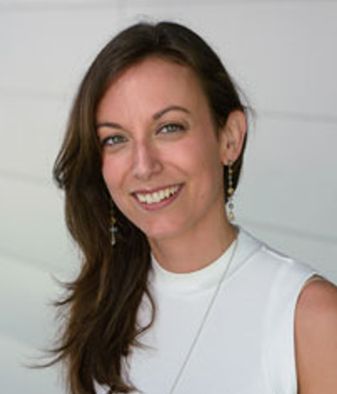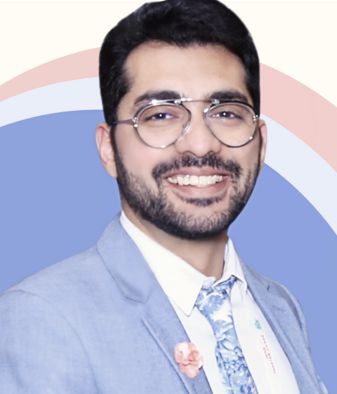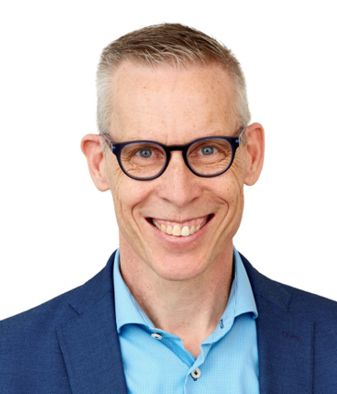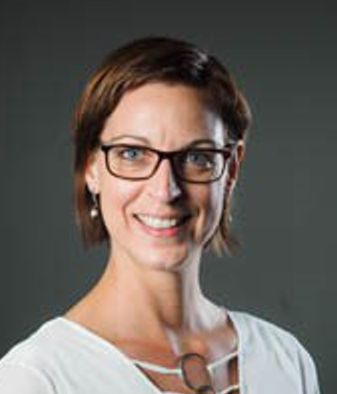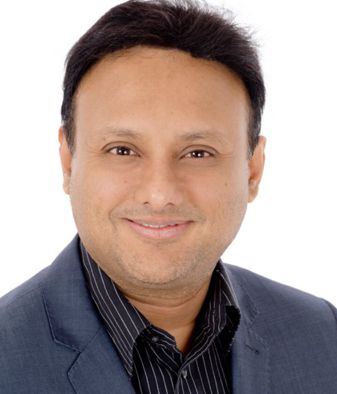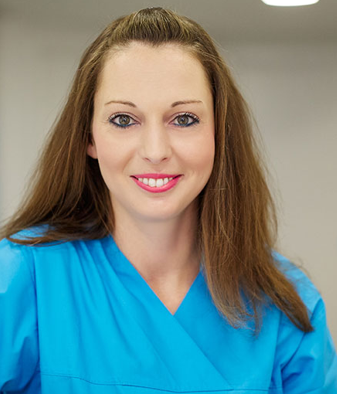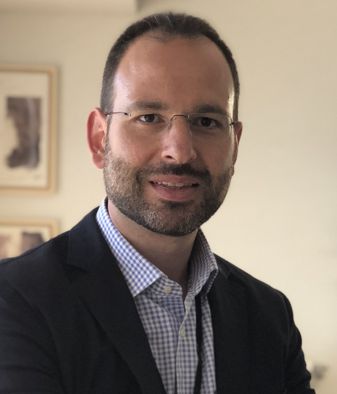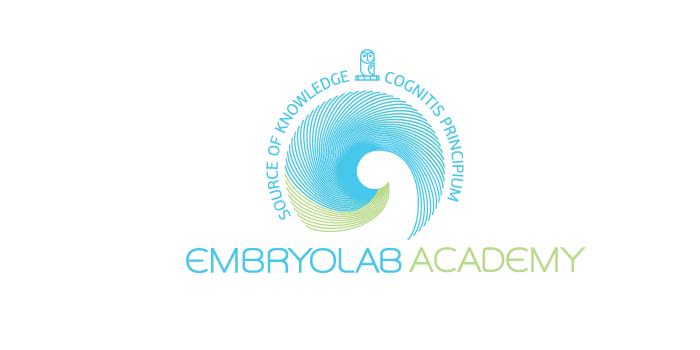
Covid 19 Measures
Due to the Covid-19 pandemic, scheduled “Severe Male Infertility” workshop will not take place. We will keep you informed here or through our newsletter.
Welcome message
Dear colleagues,
It is our great pleasure to invite you to Thessaloniki, Greece for the state of the art Hands-on Workshop “Severe Male Infertility: Management and Challenges in the ART lab” organized by Embryolab Academy on 18th & 19th September 2021.
The target audience consists of Clinical Embryologists, Andrologists, Geneticists and Lab technicians working in IVF, interested in improving their theoretical and hands-on skills in recent advances on the treatment of severe male infertility in the ART lab.
Lectures will be given by a panel of experts who are actively involved in the treatment of severe male infertility and will provide a clear insight of the up to date knowledge and efficiency of the available techniques and tools.
Special emphasis will be given in the hands on session where participants will have a hands on experience on the available treatment options and techniques for the processing, cryopreservation and sperm selection of samples with limited number of spermatozoa.
For maximum exposure to hands-on experience and interaction, a limited number of participants will be able to attend.
Looking forward to welcoming you at our 9th Hands-On Workshop.
On behalf of Embryolab Academy,
Alexia Chatziparasidou,
MSc, Sr. Clinical Embryologist,
Co-Founder and Director of
Embryolab Academy
MD, MSc, FRCOG
Consultant Obstetrician & Gynaecologist
Embryolab Clinical & Scientific Director
Co-Founder and Board Member of Embryolab Academy
Glykeria Samolada,
Genetic Counsellor
Co-Founder and Board Member of Embryolab Academy
Workshop's Objectives
- to present an overview of the current state of daily practices and challenges in the treatment of severe male infertility in ART lab.
- to offer expert hands-on training in the available treatment options and techniques for the processing, cryopreservation and sperm selection of samples with limited number of spermatozoa.
- to present new techniques and tools for the treatment of severe male infertility.
- to offer an insight in good clinical practice by addressing daily practices and challenges in the treatment of sperm samples with limited number of spermatozoa through networking, interaction and discussion between experts and participants.
Why should i register
- Update on all the latest developments on the treatment of severe male infertility.
- Hands on training by experts with long experience in the treatment of severe male infertility.
- Interaction with experts and international networking.
- Certificate of attendance with 13 European CME credits (ECMECs).
- A free Embryolab Academy membership.
Target Audience
The target audience consists of Clinical Embryologist, Geneticists and Lab technicians working in IVF, interested in improving their theoretical and hands-on skills on recent advances in the treatment of severe male infertility in the ART lab.
Hands-On Experts
The Workshop will take place at Makedonia Palace Hotel
2 M. Alexandrou Avenue
546 40, Thessaloniki, Greece
el: +30.2310.897197
www.makedoniapalace.gr
Saturday 18th September 2021
Sunday 19th September 2021
Important Dates:
Deadline for Early bird registration: Until 31th July 2021
Registration includes:
- Workshop Registration
- Theoretical Sessions
- Hands-on Sessions
- Workshop Syllabus
- Coffee Breaks
- Lunch Break
- Workshop Dinner
- Certificate of Attendance with 13 European CME credits (ECMECs)
- Embryolab Academy Membership
Accomodation :
Makedonia Palace is a 5 star hotel situated right on the seafront and next to Thessaloniki City Centre and features two restaurants of high taste. All suites and rooms are lavishly decorated, including a satellite TV and free WiFi. The classically decorated units open to balconies with views of the city or the sea. Each features a well-stocked, bathroom with lavish amenities, bathrobe and slippers. Suites are individually designed. Interconnecting rooms are also available
Registration Fees
Early Bird: Until 31th July 2021: 450 €
Regular Fee: From 1st August 2021: 550 €
One Day Fee (Sunday 19th September 2021): 200€
Currency
All fees are calculated in EUR (€). Participants from countries where currency restrictions prevent them from sending registration fees in advance are asked to inform the Organizing Secretariat, in order to avoid being charged late registration fees.
Insurance
Voyager Travel & Congress cannot accept any responsibility for any personal loss, accidents and/or damages to participants and/or accompanying persons. Participants are strongly advised to acquire personal insurance to cover any eventuality that may occur during the Workshop.
Visas are not required by European citizens from countries that are part of the Schengen Area. Greece as a member of the Schengen Agreement has abolished controls on common internal lands, at air and sea borders and allows Member-State citizens to travel around without a visa for a short stay period of up to three (3) months. However, keep in mind that airlines and other carriers require a valid passport and/or identity card.
Citizens coming from countries that have not yet joined Schengen Area may require a visa to enter Greece. The E.U. visitors from these countries can acquire further information from the Hellenic Embassies or Consulates in their countries, or from their travel agencies. Before visiting Greece, please consult the detailed information on the Ministry of Foreign Affairs’ website and find out whether you require a Visa (www.mfa.gr)
Note: During your stay in Greece, if you require a Visa, you are advised to have suitable insurance coverage for emergency medical or other need.
The main area of interest to visitors is between the ferry port and the city’s emblem, the White Tower. It is the gateway to some fascinating parts of northern Greece, such as renowned beaches, beautiful islands like Thassos, and refreshing mountains like Mount Olympus.
The city is considered to be Greece’s cultural capital since it is renowned for its festivals, events and vibrant cultural life in general. The City’s trademark is its ability to blend the past with the future through its countless picturesque spots around the historical town and monuments that witness its glorious past. Offers the cosmopolitan culture and energy of a big city with the friendly ambience and charm of a smaller town. It’s a wonderful destination to experience the real Greece without the crowds and congestion of Athens.
- Roman Rotunda (Saint George’s Church)
- The White Tower
- Church of Saint Demetrius
- Arch of Galerius
- Thessaloniki Archaeological Museum
- Ano Poli (Upper Town)
- Byzantine Walls (Ancient Ramparts)
- Church of Saint Sophia
| Makedonia Palace is a 5 star hotel situated right on the seafront and next to Thessaloniki City Centre and features two restaurants of high taste. All suites and rooms are lavishly decorated, including a satellite TV and free WiFi. The classically decorated units open to balconies with views of the city or the sea. Each features a well-stocked, bathroom with lavish amenities, bathrobe and slippers. Suites are individually designed. Interconnecting rooms are also available |  |
Airport: 15,1km, 15min (by car)
City Center (White Tower): 1,2km, 3min (by car)
Facilities
The Workshop will take place at Makedonia Palace Hotel
Internet
High-speed Internet is available at venue unit. Wireless Internet on site
Getting to the Workshop Venue
If you are arriving to the hotel from Makedonia International Airport (13 km):
By car: Take Georgikis Scholis Avenue to the west. Georgikis Scholis as you drive towards the city becomes Eth. Antistaseos Av, then Vas. Olgas Av. and finally Vas. Georgiou Str. Turn left at the traffic light in front of the City Hall onto Megalou Alexandrou Avenue and after approximately 400 meters you will find the hotel on your right, right at the seafront of Thessaloniki.
By bus: Take the Airport Bus (line 01Χ) and get off at “Faliro” bus stop. Makedonia Palace is located less than 150m away from the stop
If you are arriving to the hotel from the New Train Station:
By car: Take Monastitriou Str. to the east and after Dimokratias Square (Vardaris area) turn right at Dodekanisou Str. – this street then becomes Salaminos Str. – to arrive to the entrance of the Passenger Terminal of the city’s port. There, turn left and continue on Kountourioti Str – this street becomes Leoforos Nikis and having passed by the White Tower it becomes Meg. Alexandrou Avenue. The hotel is located approximately 400m away, on your right.
By bus: Take bus line 8 and get off at “Faliro” bus stop. Makedonia Palace is located less than 150m away from the bus stop.
Coffee and Lunch breaks
Traditional Greek delicacies, coffee and lunch breaks will be served during the sessions.
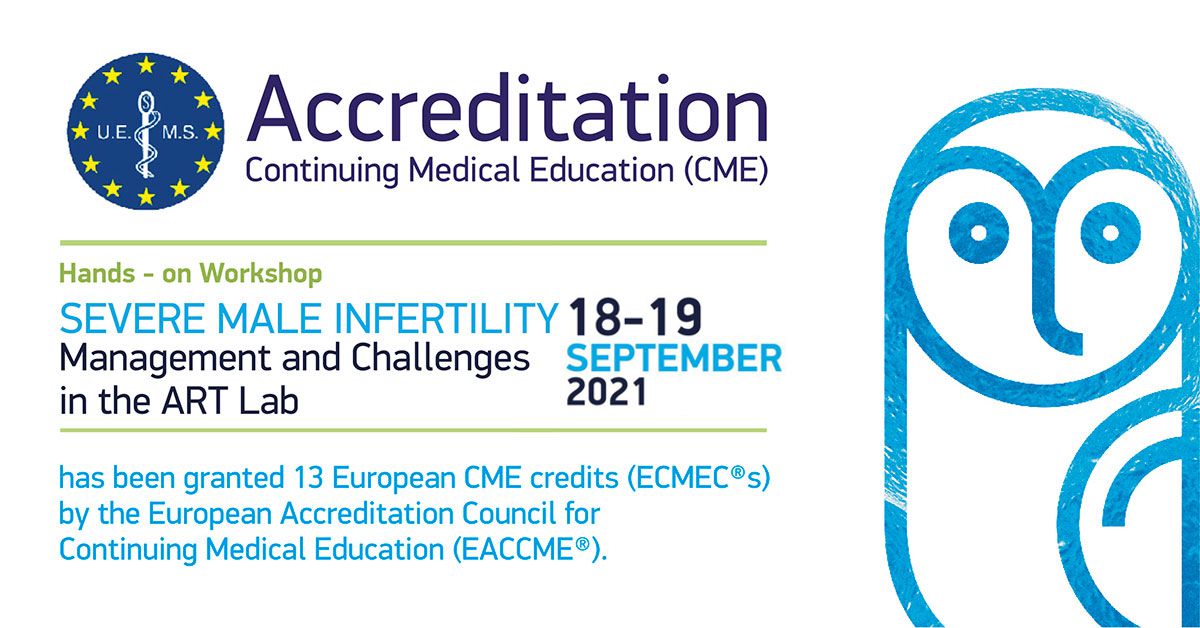
Why should I register
1. Update on all the latest developments in the treatment of male infertility.
2.Hands on training by experts with long experience in the treatment of severe male infertility
3. Interaction with experts and international networking
4. Certificate of attendance with 13 European CME credits (ECMECs)
5. A free Embryolab Academy membership
Saturday, 18 th September 2021
09:30-09:45
Bryan Woodward
MBSc, MMedSci, PhD, FRCPath, Consultant Clinical Embryologist
N.Christoforidis
MD, FRCOG, DFFP, Consultant Obstetrician & Gynaecologist, Co-Founder and Board Member of Embryolab Academy
Achilleas Papatheodorou
M.Med.Sci., PhD. Senior Clinical Embryologist, ESHRE certified
Panel: Sperm Selection In Severe Male Infertility Panel Moderator: Alexia Chatziparasidou
Panelists: N.Christoforidis, B.Woodward, M.Feldman, M.Enginsu, A.Stecher, M.Belenky, A.Papatheodorou

Testicular Spermatozoa In OA And NOA Males: What Is To Be Expected?
Mag. Astrid Stecher
Bereichsleiterin, IVF-Labor, Senior Clinical Embryologist ESHRE certified
The Use Of Testicular Spermatozoa In Non-Azoospermic Male: Is There A Meaning?
Martha Moysidou
M. Moysidou, BSc, MSc, Biologist, Senior Clinical Embryologist ESHRE certified
11:45-12:00
Fresh Vs Frozen Testicular Spermatozoa: Who Is The Winner?
Chara Oraiopoulou
BSc, Mres, Biologist, Clinical Embryologist ESHRE certified
12:00-12:30
Panel: Testicular Spermatozoa: Management & Challenges
Panel Moderator: Achilleas Papatheodorou
Panelists: A.Stecher, M.Belenky, M.Moysidou, C.Oraiopoulou

The Genetic Basis Of Male Infertility
Aikaterini Moutou
Associate Professor
Department of Biochemistry & Biotechnology
University of Thessaly
A. Chatziparasidou
MSc, Sr. Clinical Embryologist, Co-Founder
and Director of Embryolab Academy
The Reproductive Potential Of Spermatozoa From Men With Abnormal Karyotype, Y Microdeletions, Or Cystic Fibrosis Carriers. What Are The Challenges?
M.Papadopoulou
BSc, Biologist, Clinical Embryologist ESHRE certified
14:15-14:45
Panel: The Genetic Challenges In Severe Male Infertility
Panel Moderator: M.Moysidou
Panelists: A.Moutou, A.Chatziparasidou, M.Papadopoulou

14:45-15:15
15:15-15:30
Cryopreservation Of Low And Very Low Number Of Ejaculated Or Testicular Spermatozoa
Miki Belenky
M.Sc, Male Fertility Center, Lab deputy director.
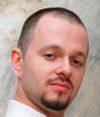
15:30-15:45
Artificial Activation For Severe Male Infertility
Mary Karagianni
B.Sc., M.Sc.,Biologist,Clinical embryologist
15:45-16:00
Bryan Woodward
MBSc, MMedSci, PhD, FRCPath Consultant Clinical Embryologist
16:00-16:15
The Management Of Sperm Samples With Increased Oxidative Stress And Sperm DNA Fragmentation
Mehmet Engin Enginsu
M.D, Ph.D.
“In 5+ decades of ART, sperm preparation procedures have remained constant: centrifugation. Science shows us there is a better way to prepare sperm. We will look at history and the future and why outcomes matter.”
16:30-17:00
Panel: All There Is To Know And Do When It Comes To The Treatment of Severe Male Infertility
Panel Moderator: N.Christoforidis
Panelists: B.Woodward, M.Feldman, M.Enginsu, M.Karagianni

17:00-19:30
Sunday, 19th September 2021
09:00-11:00
Hands-on Sessions
11:00 – 11:30
Coffee Break
11:30-13:00
Hands-on Sessions
Lunch Break
14:00-16:00
Hands-on Sessions
16:00 – 16:30
Coffee Break
16:30-18:00
Hands-on Sessions
18:00-20:00
Conclusion Remarks
Meet And Discuss With The Experts
Farewell Drink
Hands-on Stations
Hands-on Station 1 : Testicular Tissue processing
Experts: A.Papatheodorou, M.Moysidou, E.Taki
Dissection of testicular tissue is a very important treatment step and may determine the likelihood of finding testicular spermatozoa in azoospermic men. During this session the experts will demonstrate
and train the participants on the mechanical and enzymatic dissection methods.
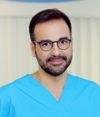
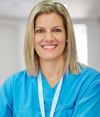

Hands-on Station 2 : Sperm Slow Cryopreservation in Severe Male Infertility
Experts: C.Oraiopoulou, A.Chatzianastasiou, A.Vorniotaki
Efficient sperm cryopreservation in Severe Male Infertility is of critical importance for the management of these patients. Experts will present the Slow Freezing Method and thawing of samples with severe male infertility. Experts will also present and discuss methods for assessing cryosurvival and monitor the efficiency of a sperm Cryopreservation program.
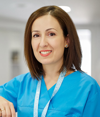

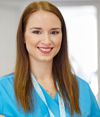
Hands-on Station 3 : Sperm vitrification in Severe Male Infertility
Experts: Miki Belenky
Sperm vitrification is an upcoming method of storing of spermatozoa that minimizes cryodamage and provides higher survival rates. Sperm vitrification may become the method of choice when it comes to males suffering from severe male infertility. The Experts during this session will present the sperm vitrification method for limited number of spermatozoa and share tips and tricks with the participants.

Hands-on Station 4 : Sperm Selection in Severe Male Infertility
Experts: Mehmet Engin Enginsu
Sperm selection play a crucial role in optimizing paternal factor in ART cycles. During this session methods and tools for optimized sperm selection based on sperm’s maturity and DNA integrity will be presented. The Experts will train the participants on how to use the relevant devices in favor of their patients’ overall prognosis.
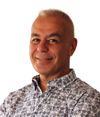
Hands-on Station 5: Microfluidics and Sperm Selection in Severe Male Infertility
Experts: Matthew Feldman, Jay Ray
Implementing sperm selection strategies in severe male infertility may increase embryo development performance and overall prognosis. Experts will present the microfluidics device and teach the participants the method of use an all the tips and tricks they need to know in order to improve their patients’ chances for a successful outcome.
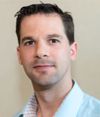
Hands-on Station 6: Genetics and Sample preparation steps for the FISH technique
Experts: Glykeria Samolada, Marianna Papadopoulou
FISH technique is currently our only option to assess sperm aneuploidy. During this session the FISH protocol for sperm samples will be presented and all the steps, tricks and tips will be discussed
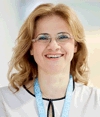
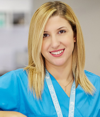
Hands-on Station 7: Signal interpretation in FISH technique Experts: Glykeria Samolada, Mary Karagianni
One of the biggest challenges when it comes to the FISH technique is the signal interpretation and final diagnosis. FISH technique is applicable in only a limited number of spermatozoa. Participants will be presented with different real life scenarios of FISH slides and discuss how FISH signals are interpreted and support clinical decisions.

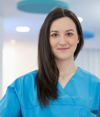
A Workshop’s brochure will be soon available..
Why should I register
1. Update on all the latest developments in the treatment of male infertility.
2.Hands on training by experts with long experience in the treatment of severe male infertility
3. Interaction with experts and international networking
4. Certificate of attendance with 13 European CME credits (ECMECs)
5. A free Embryolab Academy membership
Gold Sponsors




Workshop Sponsors










Workshop Supporters







